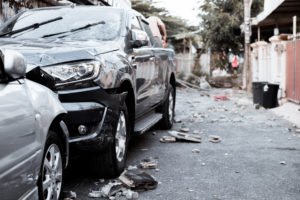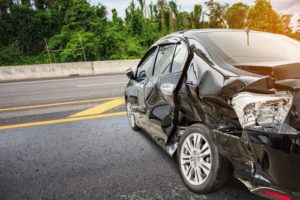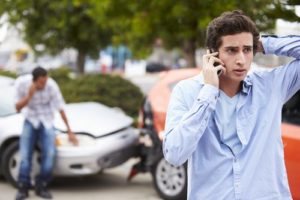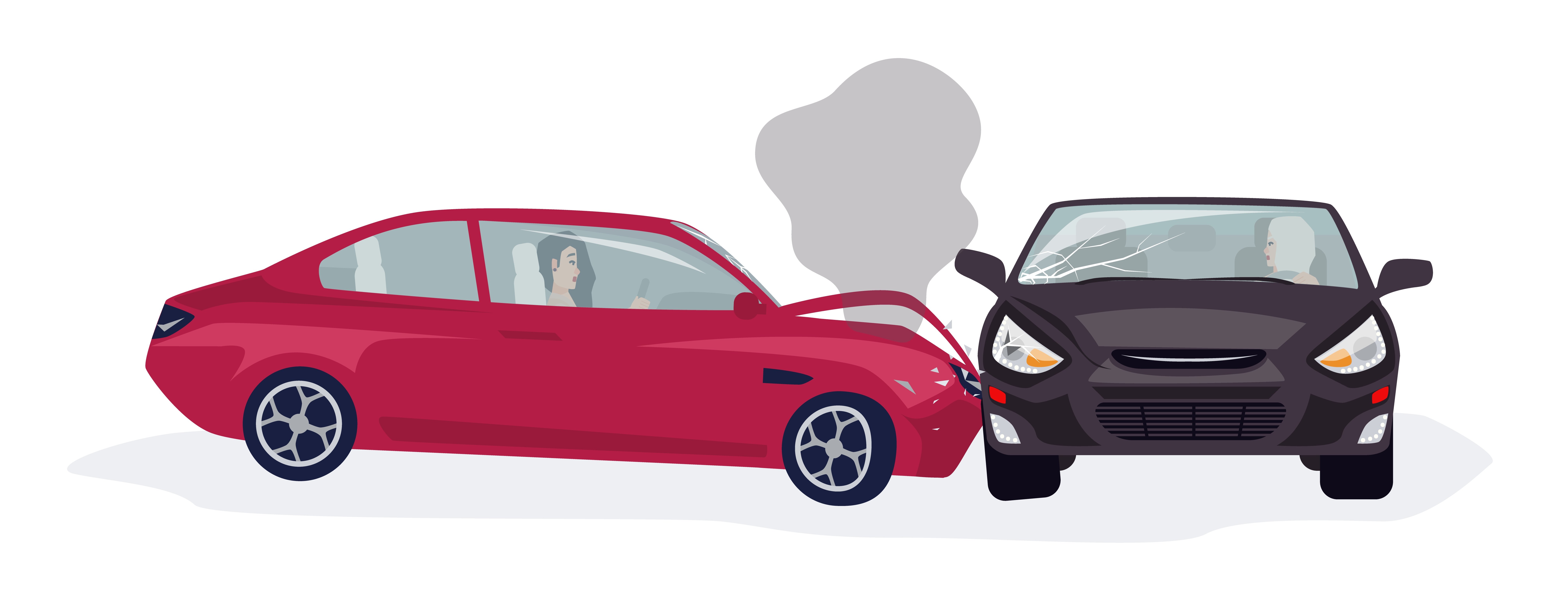
If you were in a car accident that is costing you time, money, and resources, you should not have to keep paying for an accident that is not your fault. A Bakersfield car accident lawyer may be able to help you recover those losses.
You can be left holding the bill even when a car accident is not your fault. Without seeking compensation for damages, you may find yourself paying for medical bills, repair costs, and more. In some cases, these expenses can hit twice as hard if the collision resulted in missing work and losing income.
If you want to file a lawsuit for compensation but do not know where to start, contact Ben Crump Law, PLLC. Our team of representatives does not shy away from tough cases. For more information, call us at (844) 730-0233.
Car Accident Lawsuits
Most drivers are involved in at least one accident in their lifetime. For heavily populated areas of California like Bakersfield, these chances increase since there are more drivers on the road. Common reasons for vehicle collisions include the following:
- Speeding and driving too slowly
- Distracted driving, such as being on a mobile phone
- Not obeying traffic signals and signs
- Being under the influence of drugs or alcohol
- Unsafe or faulty vehicle
According to California Code of Civil Procedure (CCP) § 335.1, you have two years to file a personal injury. A Bakersfield car accident lawyer can help you get started. At Ben Crump Law, PLLC, we work on a contingency basis. This means you will have no upfront costs because our fee comes from your lawsuit reward.
Compensation
A car accident almost always involves property damage. In some cases, a car can cause property damage to a building, home, and items within the car. When calculating property damage:
- Add up all repair costs for your vehicle. This includes parts and services. If your car was totaled, you can get an estimate of its value from your car insurance company, a local auto dealer, or a trusted third-party assessor.
- Include anything that was damaged inside the car. Aftermarket items, like radios, sound systems, and body kits can be very expensive to replace.
- Consider costs while your vehicle is in the auto shop. For instance, you can include car rentals and public transportation fees.
Personal injury can also occur because of an accident. Make sure to keep track of medical bills for you and your family’s hospitalization and treatment. If there will be ongoing care, you will want to estimate these costs. For instance, make sure to include the therapy needed to fully recover.
You can also sue for pain and suffering. Pain and suffering can include the physical pain caused by injuries as well as the emotional pain for not being able to function as you did before the accident. For example, you could have emotional pain if you are never able to pick up your children again.
For a free legal consultation with a car accidents lawyer serving Bakersfield, call (844) 730-0233
The Responsible Party in a Car Accident
After a road collision, there is often a lot of, “he said,” “she said.” No one wants to admit they are responsible for the crash. If a driver admits they were at fault, they can be responsible for paying the costs associated with the accident.
California Vehicle Code (VEH) § 20008 requires vehicle owners to report an incident to law enforcement within 24 hours if:
- There was an injury.
- There was a death.
- Property damaged exceeds $1,000.
If the police show up at the scene of the accident, they will write a report. The report will note the date, time, and place of the traffic accident. It will detail personal information about the drivers and other persons involved, the vehicles, and the insurance of all parties.
The police report can be a useful tool in a traffic lawsuit. For one, it lists all the contact and insurance information of the other driver.
For instance, if either driver does not have auto insurance, the state might suspend their license and issue fines for not obeying the law.
Special circumstances may make determining the responsible party challenging. For instance, if the at-fault driver is not the owner of the vehicle, they may not be liable for paying any associated costs. A few examples of this include the following:
Vicarious Liability: Friends
A friend borrows their buddy’s car to grab a bite to eat from around the corner. During that short trip, the friend crashes into another vehicle and causes more than $1,000 worth of property damage.
The owner takes on “vicarious liability” when they let their friend use their vehicle. The owner will be responsible for any property damage and personal injury. Additionally, the owner’s insurance company may not cover the damages if the driver is not on the policy.
However, if the driver stole the vehicle and got into an accident, the owner is not responsible for damages. The owner’s insurance should cover the damages to the owner’s car the theft caused.
Vicarious Liability: Employees
Many businesses have employees drive company-owned vehicles. If the employee causes an accident, the business may be responsible for the consequences. Examples of when an employer may be responsible for an accident an employee caused include:
- The employee was doing work-related activities.
- The employee was headed to a work-related engagement.
- A defect in the vehicle caused the accident.
A company will not be responsible if the employee is an independent contractor, such as ride-share drivers. The employer may also not be responsible if the employee was running personal errands.
Bakersfield Car Accident Lawyer Near Me (844) 730-0233
Vehicle Insurance
The state of California requires all drivers to maintain a minimum amount of insurance, according to VEH § 16430. This coverage typically pays for property damage and personal injuries. The insurance company may offer you a low settlement. It may be tempting to take this amount if you have immediate financial concerns.
Our team of representatives at Ben Crump Law, PLLC can negotiate on your behalf. Have a Bakersfield car accident lawyer fight for the compensation you are entitled to, and contact us at (844) 730-0233 to find out more.
Call or text (844) 730-0233 or complete a Free Case Evaluation form








